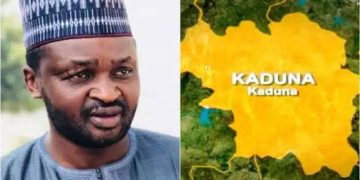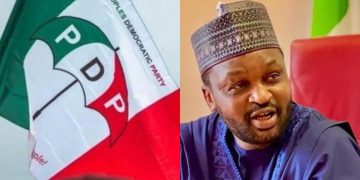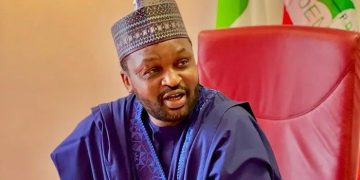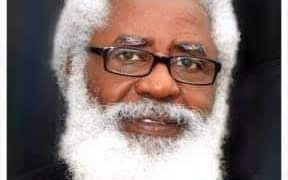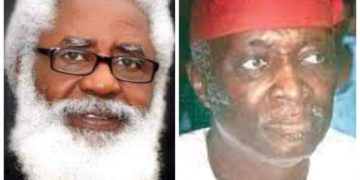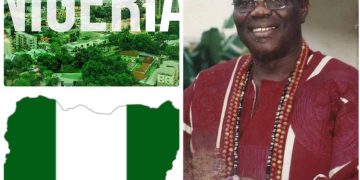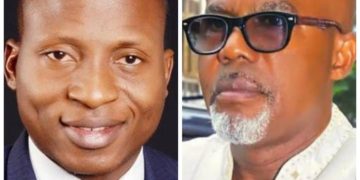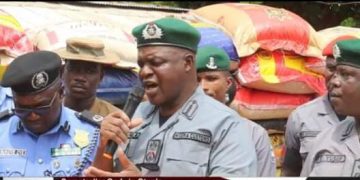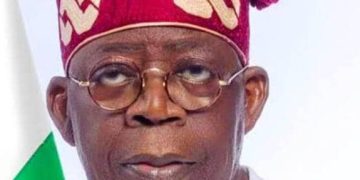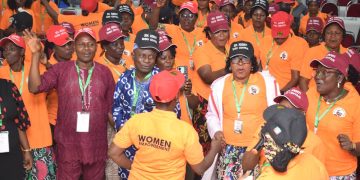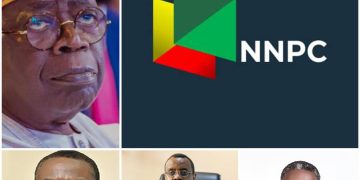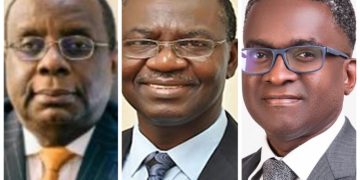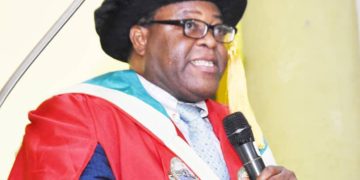Financial transparency advocate, Mr Seun Onigbinde has painted a grim picture of the present economic situation of Nigeria, with a lamentation reflecting pain, despair and hopelessness for the generality of the populace.
Onigbinde who is Chief Executive Officer, BudgIT, stated that the leadership in the various strata of governance, steeped in corruption, planless-ness and a general air of impunity, carry on as if there are no consequences for their actions and inactions.
He spoke while featuring as a discussant, alongside notable columnist, Prof Farooq Kperogi on the popular monthly interview discourse, Boiling Point Arena, hosted by a media professional and public relations strategist, Dr Ayo Arowojolu.
The current affairs programme which is the 28th instalment via Zoom, was broadcast live on three radio stations, WASH 94.9FM, Lagos, Sweet 107.1FM and Roots 97.1FM, Abeokuta.
Both Onigbinde and Kperogi thrashed the topic: “Nigeria’s Economic Crises: Hardship Biting Harder Despite Government Palliatives and Measures, When will Nigerians Begin to Breathe?”.
Onigbinde said: “The whole country has been thrown into suffering owing to most of the policies of government which have weakened the Nigerian fabric. It is even to the extent that the middle class have been flushed out and what we have today is administration of poverty.
“I feel that the government should have reflected a lot about the policies they introduced because what we are seeing right now in terms of pain, despair and hopelessness is unprecedented.
“Our leaders ought to have known that once we remove fuel subsidy, it has huge effects on general prices of goods and services in the country and this has a what we call flywheel effect in economics.
“The policy was embarked on without consultation with the citizens and no prior engagement with the Congress. The attendant effects have impacted very negatively on the populace.”
Mr Onigbinde also spoke on the political culture of those in leadership positions, the culture of waste and the lack of accountability and transparency in governance and in the budgetary processes.
He stated: “The biggest challenges to the economy are the lack of transparency and accountability. And it’s a political culture. Nothing else beyond that. The political culture is wasteful if it’s not driven by accountability, if it’s not wired for efficiency, if it’s also driven by chauffeurism.
“The culture of our political class is what has created this weave of corruption and has not made public resources to be efficiently spent.
“And just because there is no punishment for bad behaviour, or because there’s no punishment that is significant enough for bad behavior. Public office holders who have been abusing public privileges, they figure out the way to use technical approaches and technical language to evade accountability or to evade punishment.”
The way out, Onigbinde said, is for Nigerians to properly interrogate the character, nature and disposition of their leaders prior to being elected into office and stop assumptions in order to forestall being disappointed time and time again when they eventually force their way into political office.








